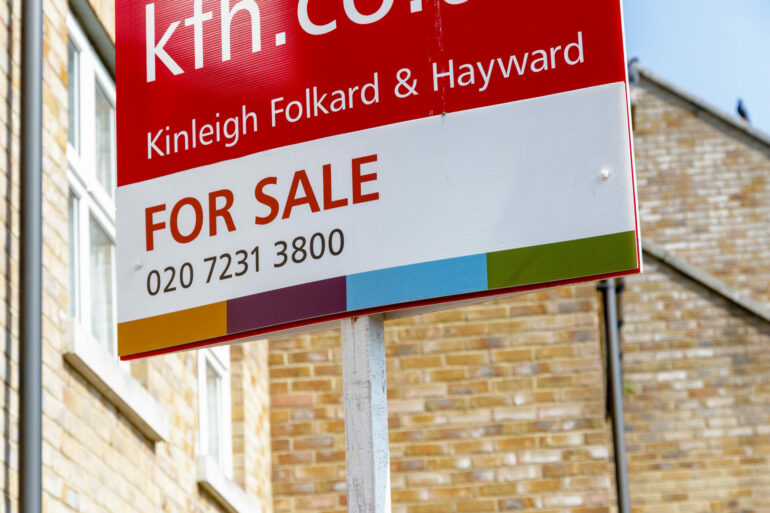Zoopla’s latest House Price Index shows that speculation around property tax changes in the run-up to the Budget led to a notable drop in buyer demand and sales agreed across the country.
The uncertainty resulted in a 12% fall in demand in the four weeks to 23rd November compared with the same period last year, with house prices declining year on year in London and the wider south for the first time in 18 months.
The data shows house prices fell by 0.1% in London and the South East, and by 0.2% in the South West. In contrast, house prices in lower value and more affordable markets continued to rise.
Average UK prices increased by 1.3% year on year to £270,200, with most regions outside southern England recording above-average growth. Values in the North West were 2.9% higher than a year earlier.
Zoopla said much of the recent uncertainty eased following the Autumn Budget, after the Government opted not to introduce a new annual property tax on homes over £500,000.
The decision will be welcomed by owners of the 210,000 homes for sale above this level.
The removal of the threat of additional taxation is expected to lift buyer confidence and support a rebound in market activity at the start of 2026, particularly in southern regions where higher-value homes are more prevalent.
While wider tax changes have been shelved, Zoopla warned that stamp duty continues to be a major barrier for buyers.
Stamp duty thresholds for existing homeowners were set in 2014, while house prices are now 47% higher.
The result is a growing ‘fiscal drag’, with more buyers pushed into higher tax bands. Since 2019 the share of homes bought by existing homeowners with stamp duty costs exceeding 2.5% of the purchase price has risen from 21% to 33%.
Richard Donnell, executive director at Zoopla, said: “The Budget bark was worse than the Budget bite for the housing market. Home buyers and sellers will welcome the end of the uncertainty that has stalled housing market activity since the late summer.
“Our data shows the underlying demand to move home remains strong. With greater certainty we expect a rebound in housing market activity that builds into the new year with households who paused home moving decisions over recent months return with greater confidence.
“The removal of the threat of a new annual property tax from 210,000 homes is particularly positive for the market and will help revive activity in higher-value areas across southern England where house prices are under pressure.”
David Powell, CEO of Andrews estate agent, said: “After months of speculation, I am disappointed the Government has missed this opportunity to address the challenges around stamp duty and affordability.
“There will be much disappointment around the £2m+ mansion tax and it’s likely the South will get hit the hardest, we will eagerly await how this impacts the market and the unintended consequences that may follow.
“I suspect house price growth in the South may remain static in the short term whilst the market adjusts to the new normal.
“I expect the market to bounce back from any damage caused by leaked or shelved policies leading up to the Government’s Budget and we will see activity levels increase across the South throughout 2026.”
Nathan Emerson, CEO of Propertymark, said: “After much speculation, we have gained clarity on many future fiscal plans that will affect the housing sector following the Autumn Budget.
“A key takeaway was the proposal of a High Value Council Tax Surcharge, also referred to as a mansion tax, which will mean properties with a value over £2m will see a taxation upwards of £2,500 each year.
“This is of particular relevance in areas such as London and the South East, and when compounded with a deceleration of house price growth within these areas, has the potential to cause market uncertainty.
“It has also been disappointing not to see targeted support for first-time buyers included within the Budget, with many deposits typically sitting at around £60,000.
“The prospect of homeownership continues to prove extremely challenging for those taking their first steps onto the property ladder.
“Overall, this may prove to be a missed opportunity by the UK Government to help promote long-term economic stability down the line.”




